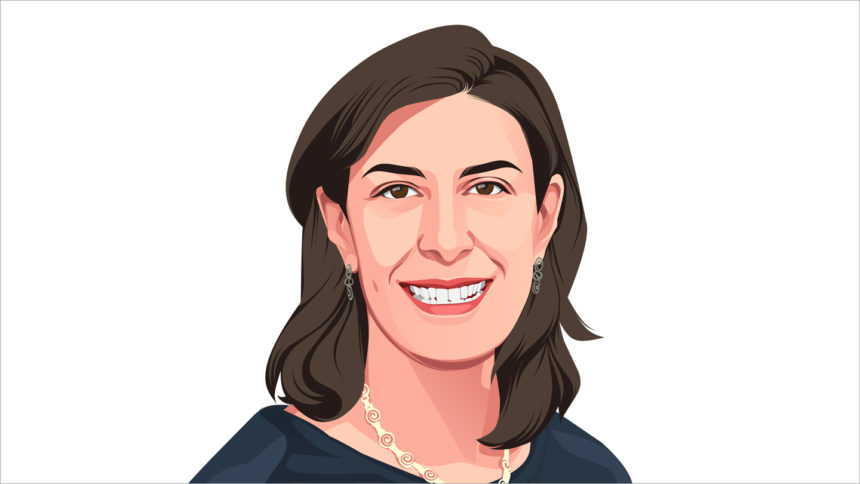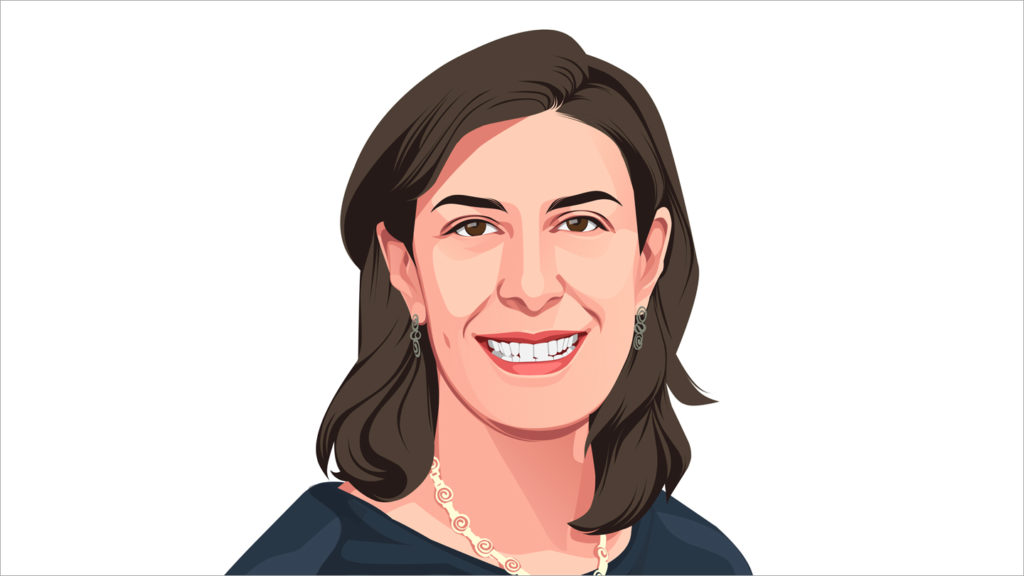
My dad died last week. I am still processing the event, which now ranks among the hardest, most surreal experiences of my life.
As difficult as it is, I, my three siblings and mom take comfort in two things (that may hardly surprise McKnight’s Home Care readers): He died fast and he died at home.
Those who have experienced deaths of loved ones know that as much as you may think about and prepare for the day, you are never quite ready. So when my older sister called me last Monday morning and told me that Dad woke up and became unresponsive, I figured it was just another bout of advancing illness. It wasn’t; this was it.
We have since chuckled that we can’t believe Dad, a highly respected intellectual property marketing expert, professor and journalist, pulled off such an immediate death. Because nothing in my dad’s health history was quick or easy.
Like many older patients in the healthcare system, my dad was no stranger to illness. A type 2 diabetic, he had chronic disease that stretched back decades. The complications from diabetes, which began as short hospitalizations for cellulitis in his legs, neuropathy in his feet and minor issues like Bell’s palsy, progressed to arthritis in his spine and legs, heart failure and kidney failure.
The avid golf and tennis player who loved riding his bike could not function in the last few years without 12-hour care. Like the classic Riddle of the Sphinx, Dad went from a cane to a walker to a scooter to a motorized wheelchair.
But like many hard-charging diabetics, he never gave in to his illness. He continued to work through his hospitalizations and short-term rehab stays. (Because we loved him so, I and my older sister frequently carted his computer and printer to the hospital or rehab facility to help him stay in business.)
In the last few years, beyond his health, like many family caregivers, I and the rest of the family worried most that Dad would run out of money and have to go to a “facility.” Neither of these realities took place.
Ultimately, Dad received what can only be considered the 21st century’s fairy tale of endings: 24-hour personal care from the best caregivers possible in the comfort of his independent living apartment at Covenant Living in Northbrook, IL.
The month he died, he held a current events discussion program, which he started when he moved into Covenant Living. The previous week, he played bridge, which became his outlet for social and intellectual stimulation. The day before he died, he had a workout with one of his caregivers and enjoyed two football games.
It makes sense that people overwhelmingly want to age in place. Home is the place we feel most comfortable, connected and human. But personal caregivers do not come cheap — especially when you are talking 12 to 24 hours of private pay care a day. Now that my dad had the privilege of dying at home, with the proper caregiving support, I understand firsthand what a luxury it is.
Dad always said he wanted to die “in his boots.” He got it. How lucky he was.
Liza Berger is editor of McKnight’s Home Care. Email her at [email protected].


